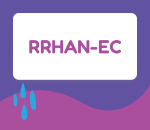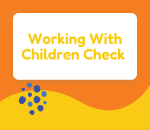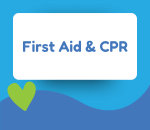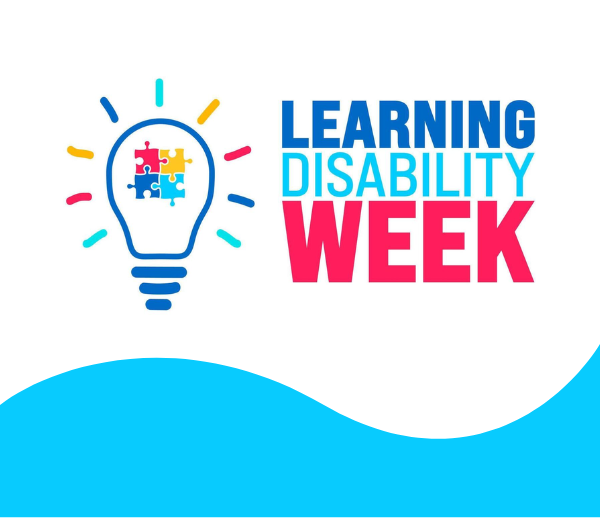Fostering Friendships with Preschoolers
As parents and educators, reflecting on our friendships can help us understand how children make and keep friends. We can all relate to meeting people we ‘click’ with and others we prefer to avoid. Preschoolers experience this, and by the time they are four years old, they can differentiate between those who are friends and…
As parents and educators, reflecting on our friendships can help us understand how children make and keep friends. We can all relate to meeting people we ‘click’ with and others we prefer to avoid. Preschoolers experience this, and by the time they are four years old, they can differentiate between those who are friends and those who are just people that they know.
As parents and educators, it is important that we provide opportunities for children to develop the skills required to make and keep friendships. Such skills could include verbal communication, turn-taking, listening, empathy, patience, cooperation, sharing, and responsibility, to name a few. Children will only learn some of these skills at a time, and some may find some harder than others. Like many things, it takes time and practice!
Below are some ideas that parents and educators could adopt to help preschoolers develop friendships:
Quality over quantity
Allowing children to play with 1-2 children rather than a large group can help facilitate meaningful interactions. This will also help if a child is shy or unsure, as the environment will feel manageable. During such social settings, it is also important to note that some children prefer to play solo, just as some like to play alongside each other rather than together. These are a normal part of the developmental process when making friendships.
Setting up for success
Although sharing is an important skill to learn, it is ok for children to have some toys to keep only for themselves. Putting the special toys away and discussing which toys are for sharing not only avoids problems with sharing but also shows that you understand that some items are special to the child. Having an idea of all the children’s interests for the play date will help, and planning an activity such as painting outdoors or bringing out the doll’s house, for example, could help facilitate meaningful interactions during play.
Stay close
Children feel reassured when parents and educators are close by, especially if the children do not know each other well. By staying close, parents and educators can observe the interactions and encourage positive behaviour by offering praise or redirection if needed. Parents should set a time limit if it is a play date, especially since children find it hard to cooperate when tired. It is always best to end happily when everyone wants to do it again!
Role modelling at home
Parents and educators should never underestimate how much preschoolers learn social skills from observing the adults around them. It is important that we model good friendship behaviour, such as good manners and speaking kindly about others. Without realising it, we are modelling these important positive behaviours by interacting with our children. However, awareness of this enables us to identify skills that our preschoolers may need help developing.
Connecting Teams, Talent & Educators
Thank you for reading our latest blog. If you are a candidate, click to view our Permanent Jobs or explore our latest Temporary Opportunities.
If you are a client looking to find your next permanent or temporary staff member, Entrée Early Years can help. Hire or Book Early Childhood Staff today!
Reference







